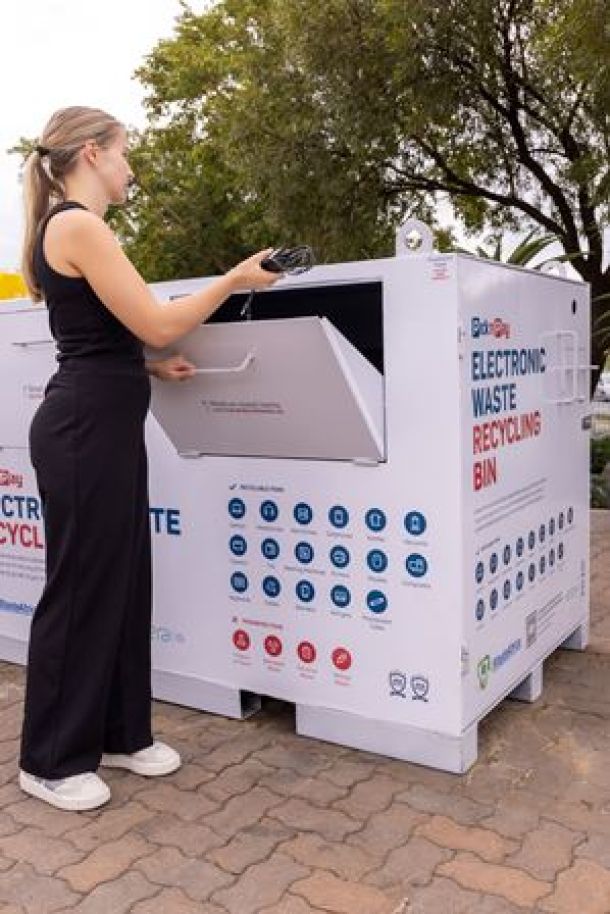City of Cape Town to petition court to allow electricity purchases from IPPs
The City of Cape Town said that they are doing everything possible to move away from sole reliance on Eskom for their energy needs while at the same time trying to become more resilient and sustainable through the use of cleaner energy such as renewable energy and transitional fuels such as natural gas.
"It is vital that we future-proof our City to ensure that security of supply, and cleaner supply at that, is enhanced. As a responsible local government that is increasingly becoming internationally recognised for our climate change programmes, we must move toward more sustainable, greener energy resources to meet our carbon-neutral commitments," said Mayco Member for Energy and Climate Change, Phindile Maxiti.
"The City, therefore, wants a Section 34 determination in accordance with the New Generation Capacity Regulations in the Electricity Generation Act to allow us to procure up to 400MW of renewable energy from IPPs.
"The price of power generated from IPPs would differ based on technology and the procurement process to be followed if the court case is successful. As an example, new wind power could come in below R0,80/kWh and so would solar photovoltaic (PV) power," Maxiti said.
Concentrating solar power technologies, however, remain much more expensive. Wind and PV would compete favourably with new coal, but would still be slightly higher than the average cost of electricity when considering the current fleet of coal-fired power stations.
- If we are allowed to procure renewable energy, we can reduce the long-term electricity costs for our residents and provide cleaner power. Currently, some 65% of the tariff that we charge customers for electricity goes toward the cost to buy electricity from Eskom
- The price for all renewables has fallen dramatically. For instance, wind energy is now far cheaper than new coal-fired generation
- For the sake of our country’s economy, the entire electricity regime urgently needs to be restructured
- The City is ready to be part of that change and move towards a low-carbon, diversified and regionalised energy system
"As a city, we encourage all other metros, as the growth engines of our country, to join us and to actively participate in constructive responses to mitigate the impact of the electricity supply shortage on the commercial sector especially.
"We as a city and as a country simply cannot afford the devastation that load-shedding has on our economy. In addition, given the governance issues that have again been raised regarding Eskom, it provides further imperative to ensure that we procure diversified energy sources," Maxiti said.
"Metros must become the energy champions of their residents and of their commercial sector players.
"It will be vital for the national government to open up the electricity generation environment if cities are to be able to reduce carbon emissions and if security of power supply is to be achieved."
@TheCapeArgus
News Category
- International retailers
- On the move
- Awards and achievements
- Legislation
- Wine and liquor
- Africa
- Going green
- Supplier news
- Research tools
- Retailer trading results
- Supply chain
- Innovation and technology
- Economic factors
- Crime and security
- Store Openings
- Marketing and Promotions
- Social Responsibility
- Brand Press Office
Related Articles

Pick n pay upcycles air-conditioning systems, s...

Shoprite Group opens pathways to job opportunit...

Pick n Pay empowers shoppers in the fight again...

Massmart implements early leak detection techno...


